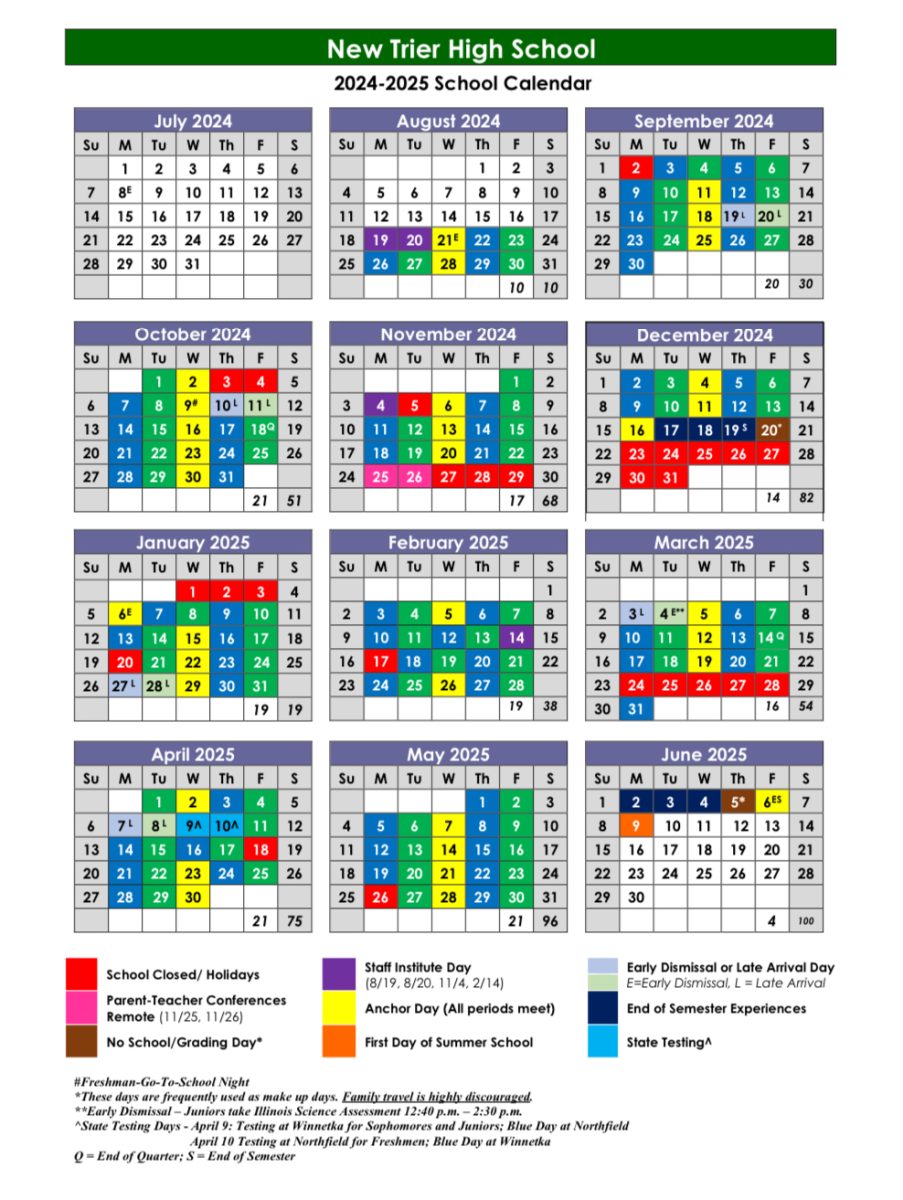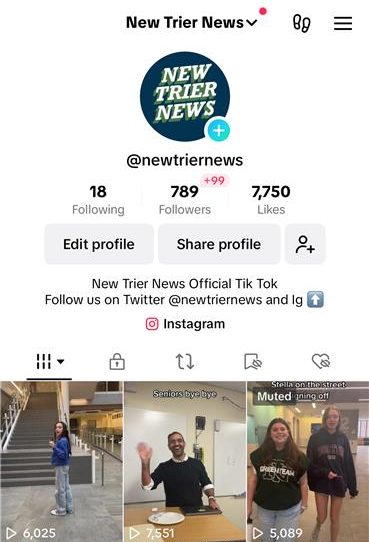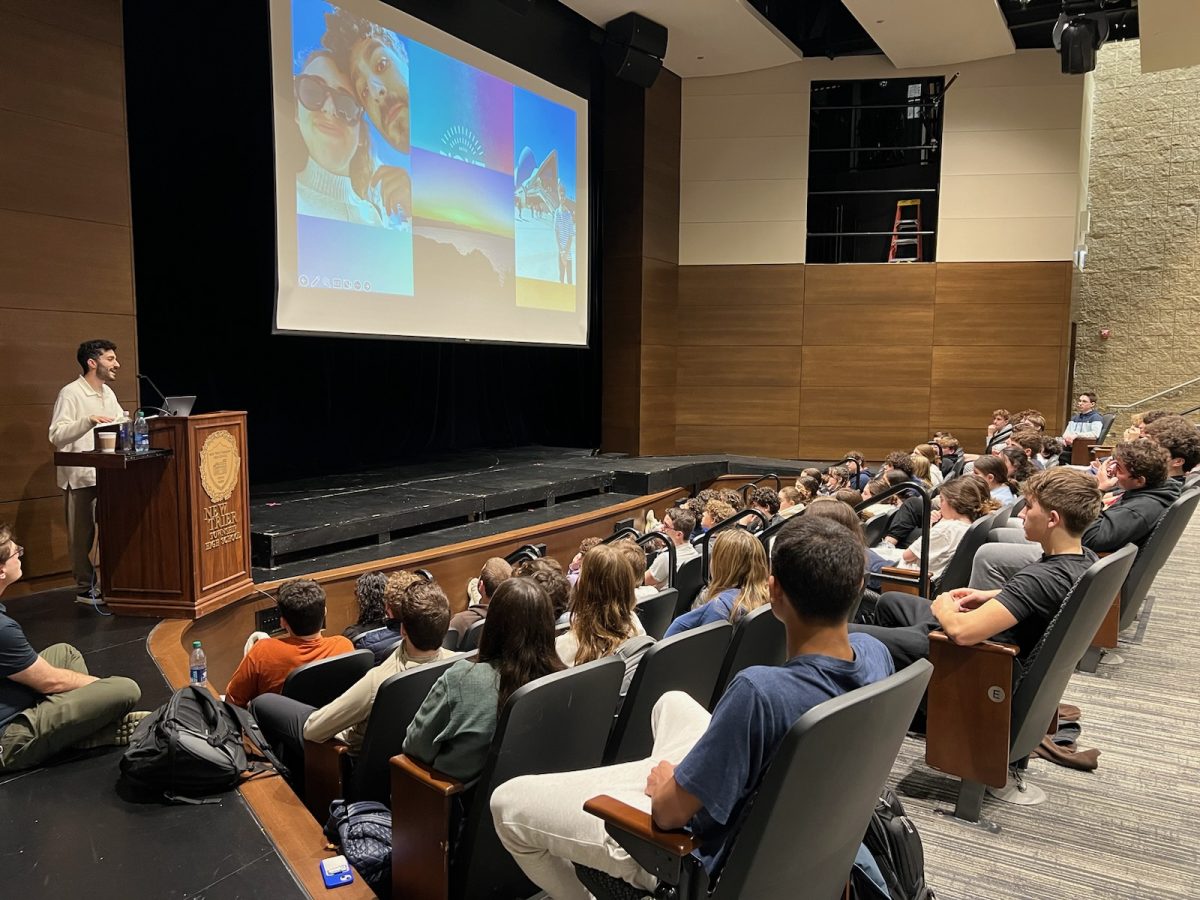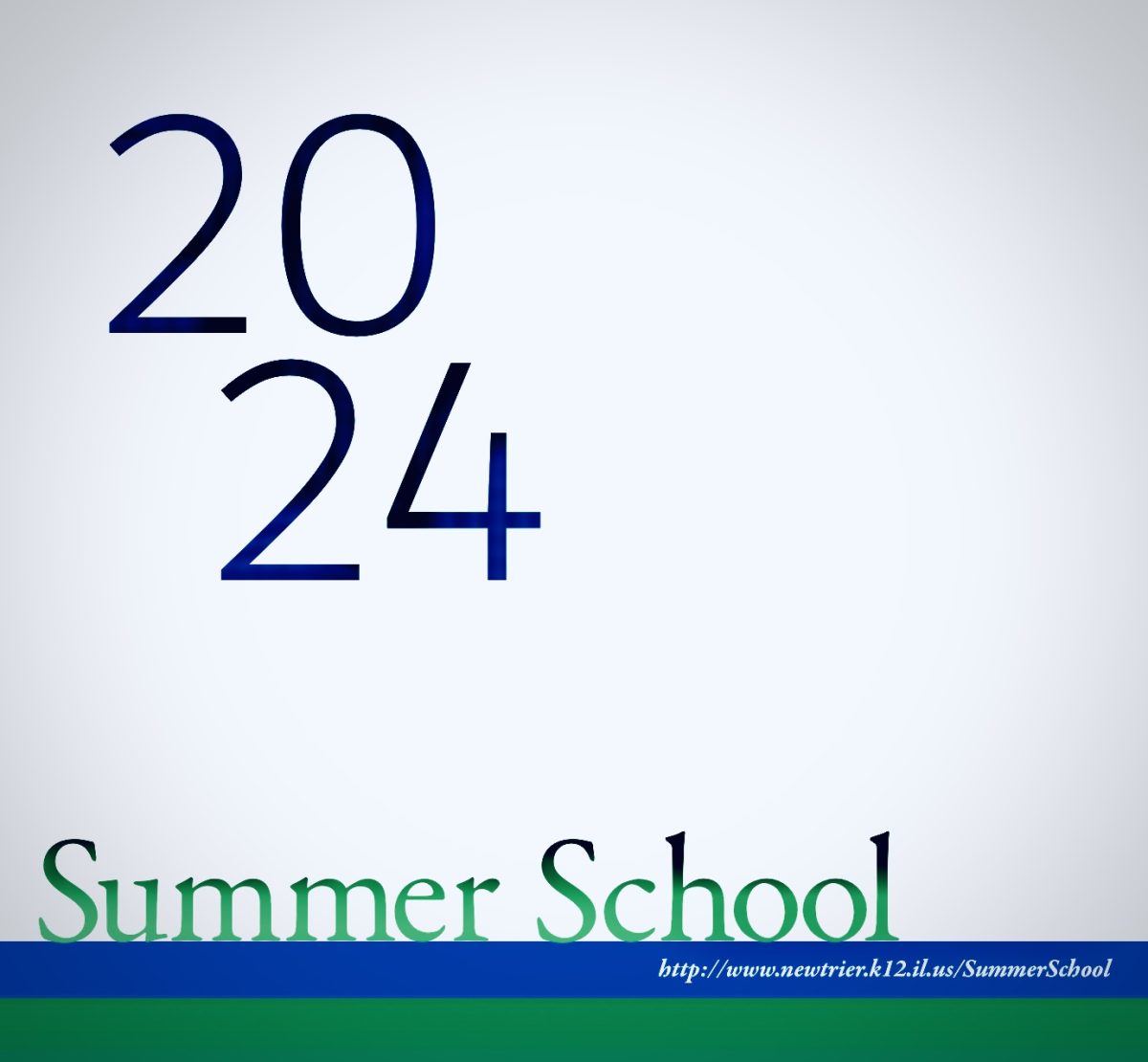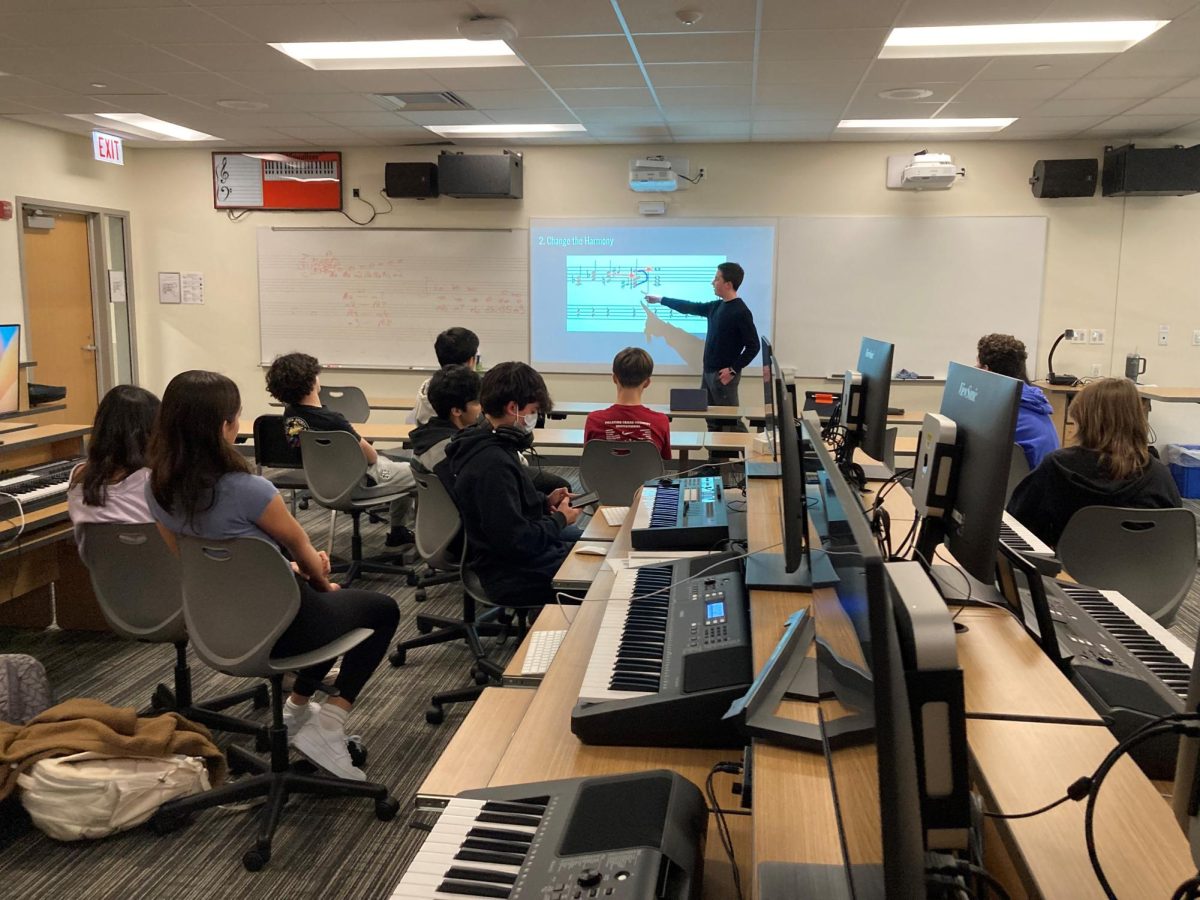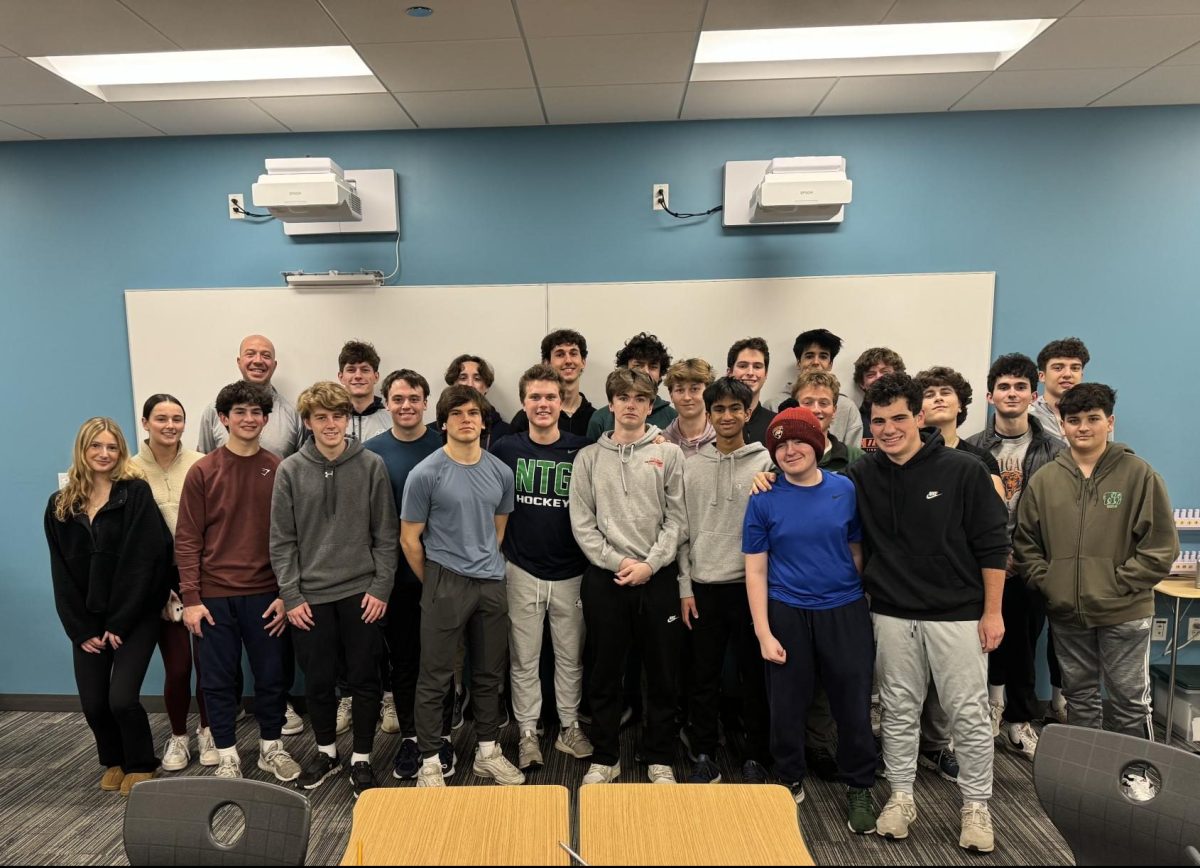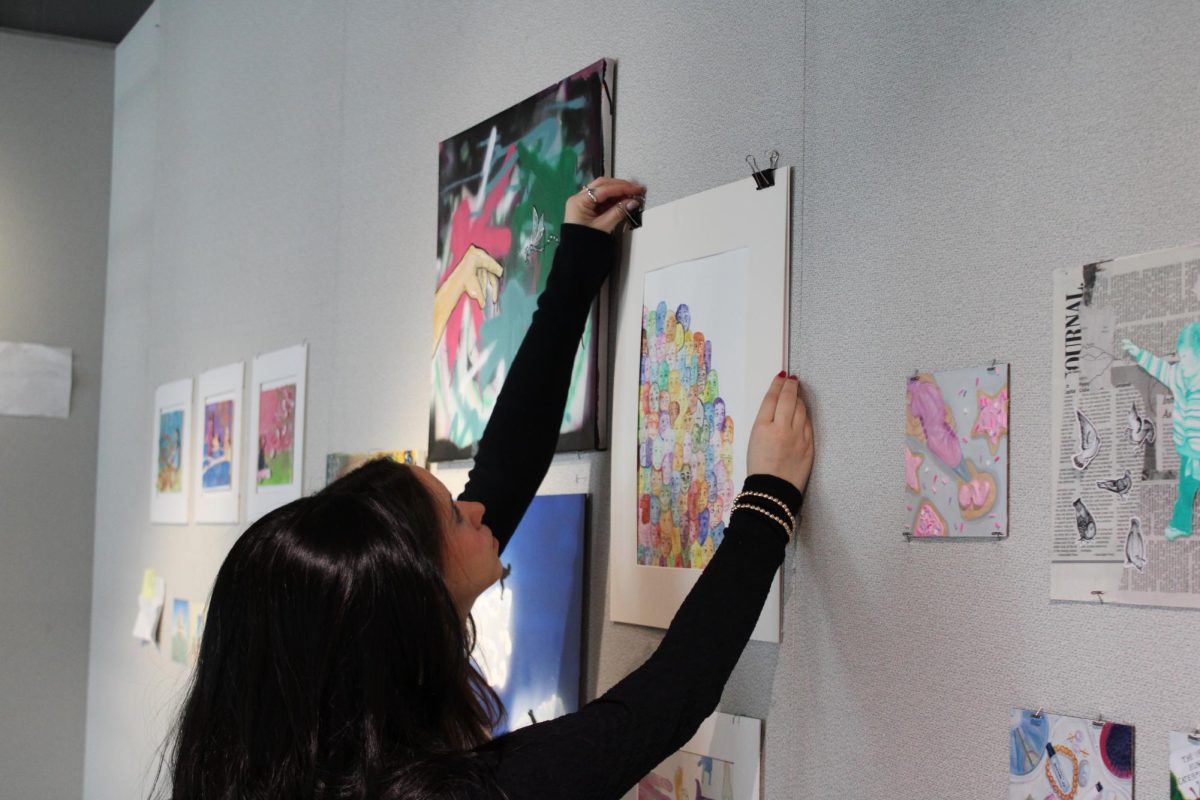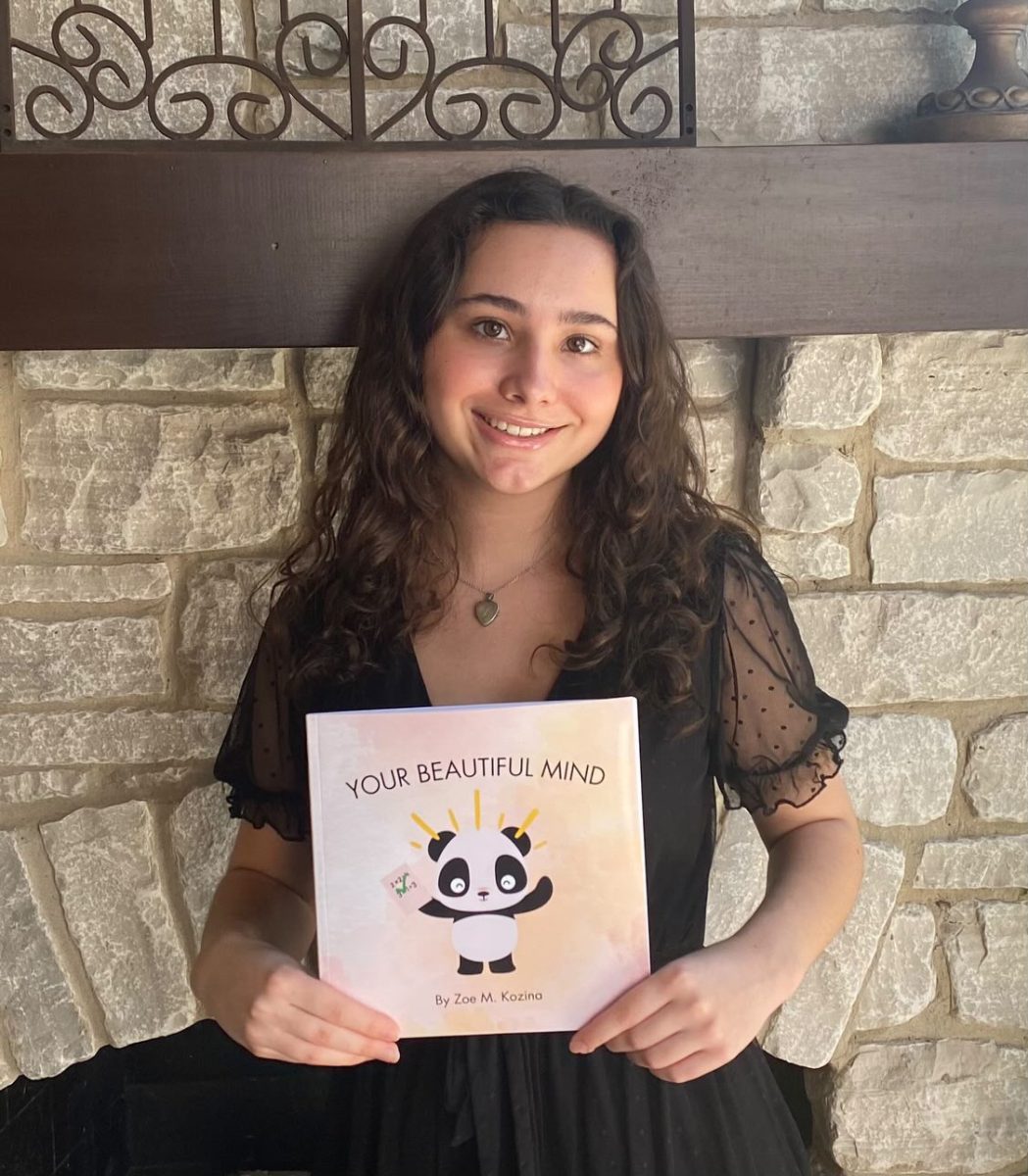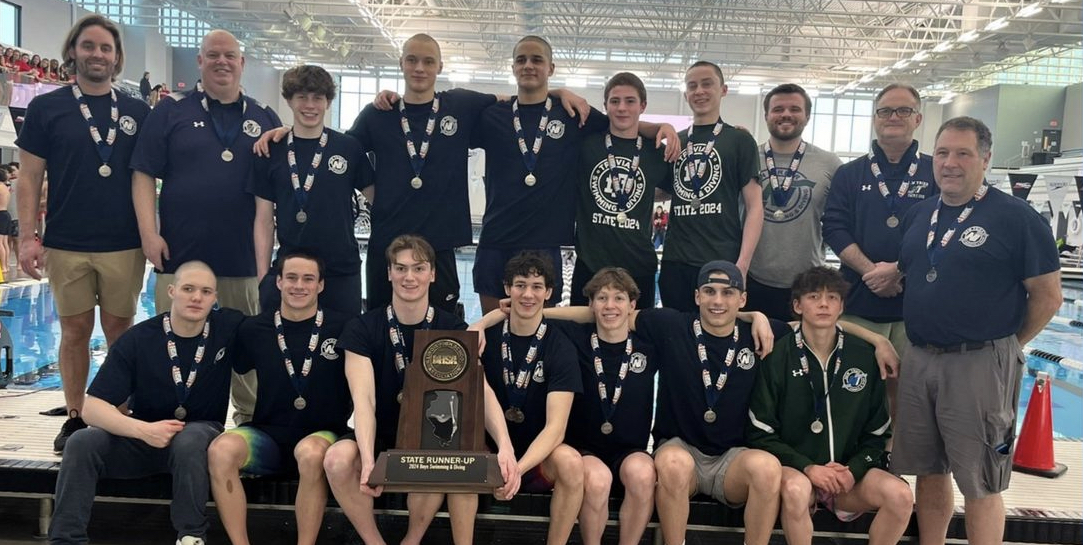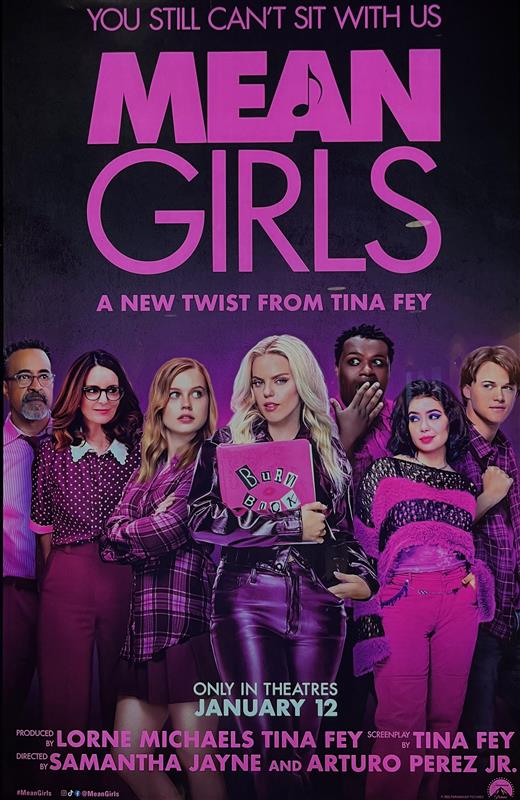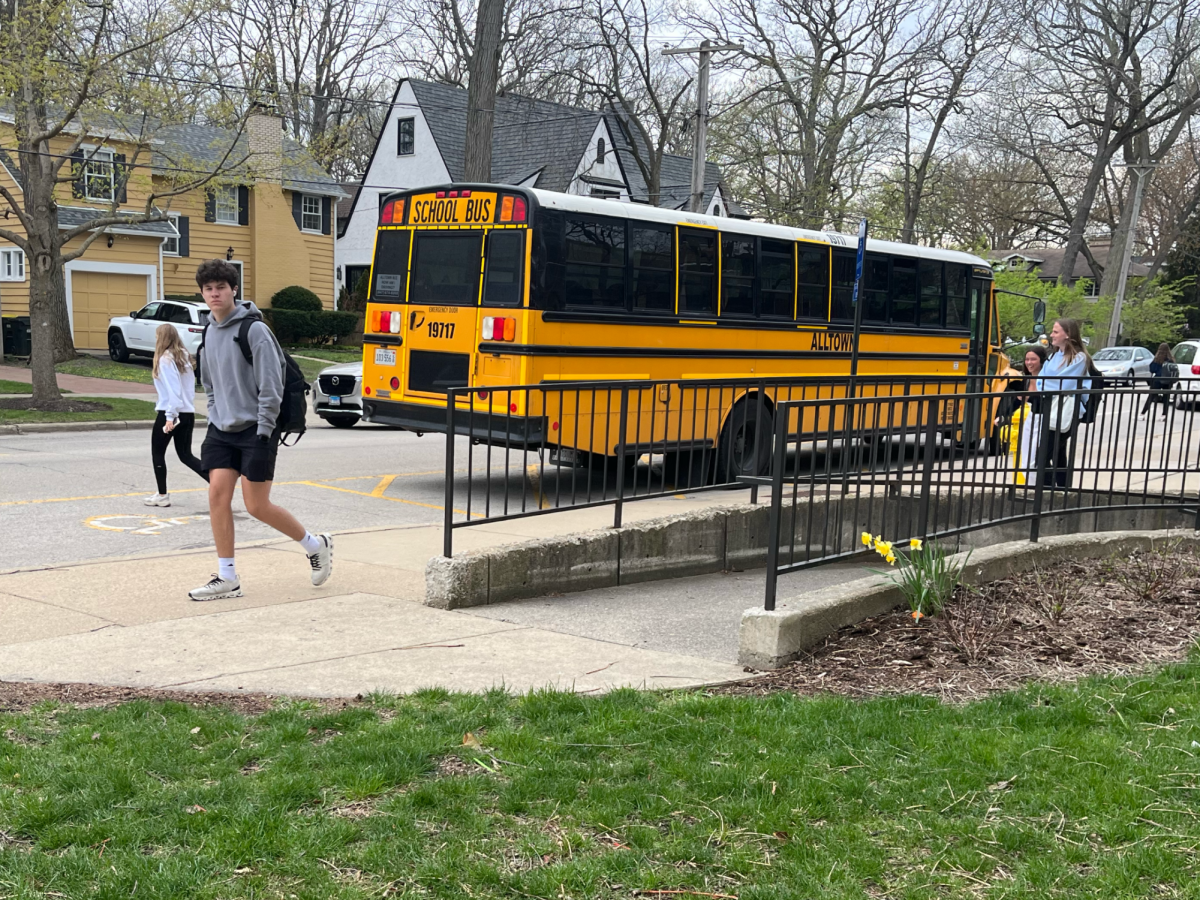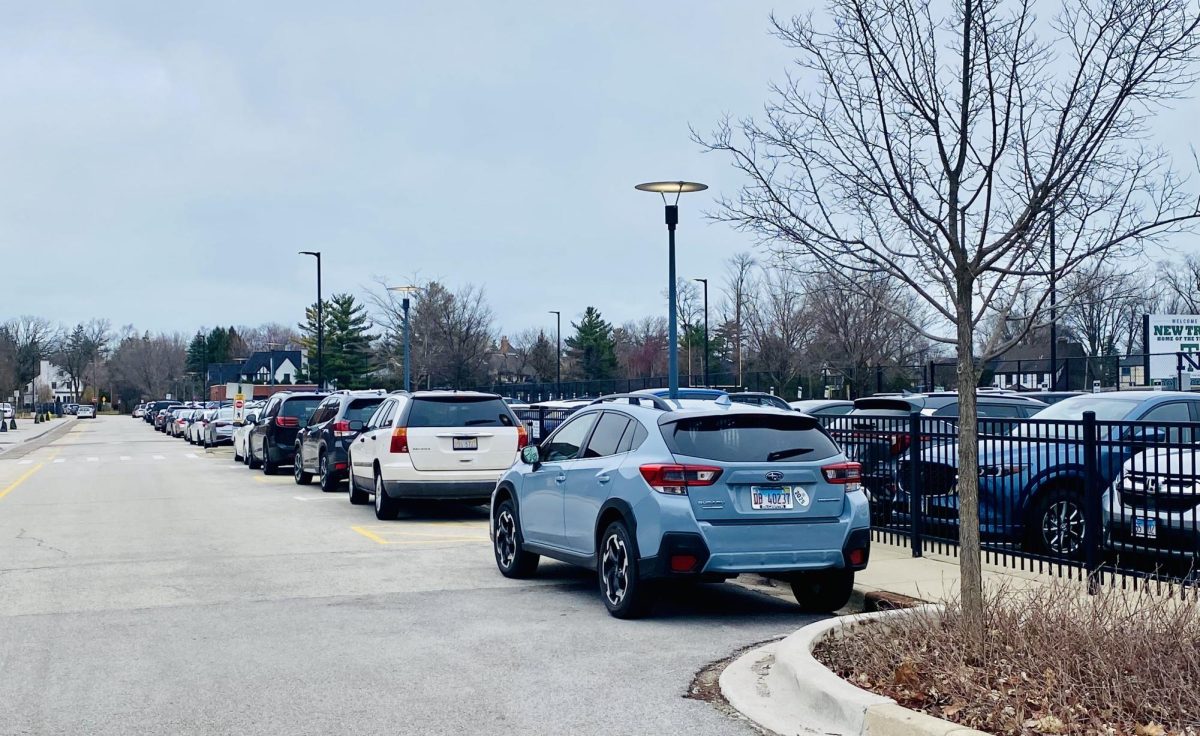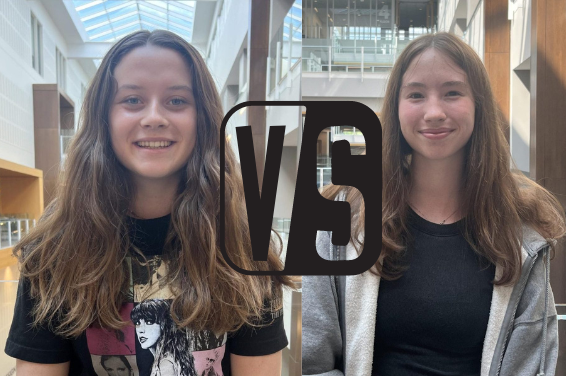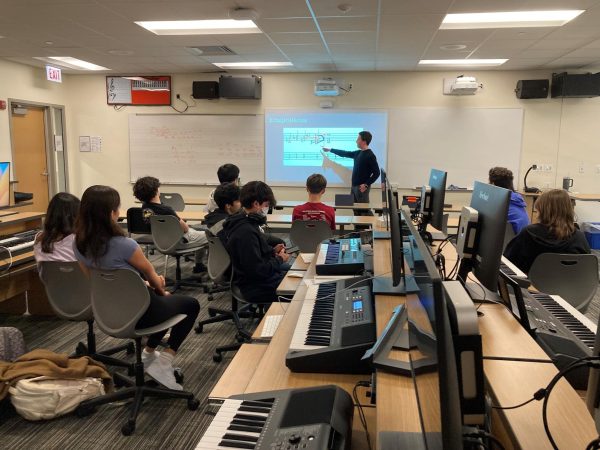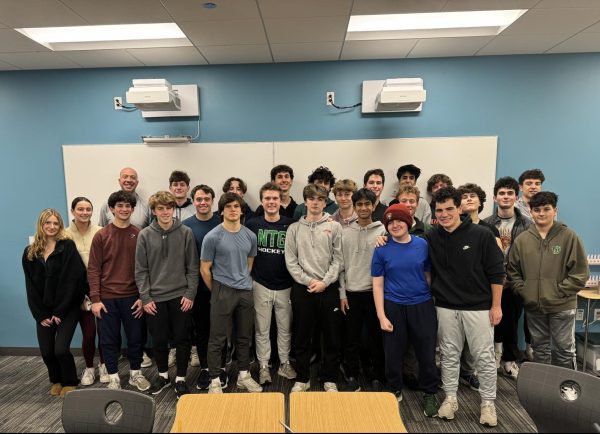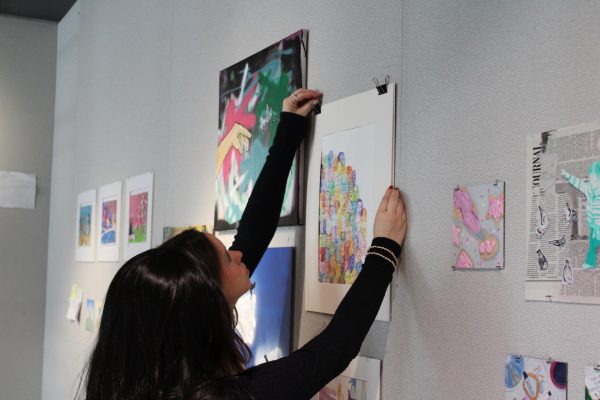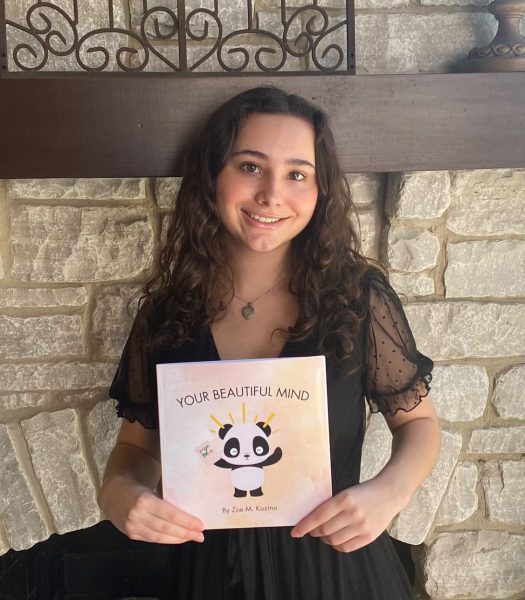Lack of conversation on 9/11 concerns students and faculty
Lack of conversation on 9/11 concerns students and faculty
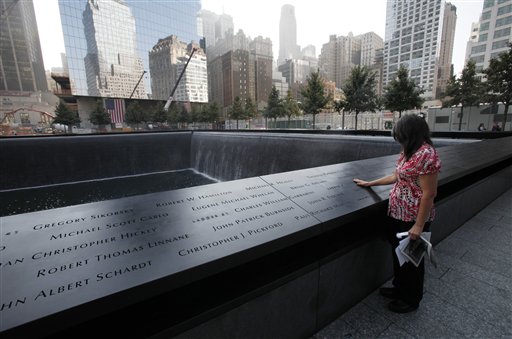
Following the events of 9/11, people across the country commemorated the day in various ways | AP Images
Most of us are accustomed to commemorating the tragic events of 9/11 through a morning announcement, a discussion of an article or video in advisery, or a brief mention at the start of a class. However, to the dismay of many students and teachers, the day seemed to pass with minimal acknowledgement.
“I expected NT to put a bigger emphasis on the day of 9/11 because of its significance in our lives. We remember 9/11 through the saying ‘Never Forget,’ yet it seems like NT decided to forget this year,” said senior Jordan Peraud.
Dance Teacher Laura Deutsch also found both the lack of commemoration on the day and the absence of acknowledgement since the day problematic.
“I’m very upset with myself. I don’t know why I didn’t mention anything this year. I think it’s essential for faculty, students and administration to have conversations that are not always comfortable.”
In hypothesizing why this happened, Deutsch said, “I believe this has to do a lot with timing. We came back the day after labor day. There are many excuses, but there is not one good excuse.”
Various students expressed the belief that there were many ways the administration could have kept conversations alive.
Junior Gavin Yuan noted that, “NT has a handful of clubs. If faculty or administrators couldn’t mention it, at least one club from NT could tackle commemorating the innocent people who passed away.”
Senior Marne Sullivan is preferential to having a moment of silence at the time the buildings were attacked.
“9/11 should not just be a day of remembrance, it’s also a day of conversation. And a way to acknowledge families who lost a loved one,” said Sullivan.
Though it’s true that our generation was either too young to remember anything or not even born yet, many have strong emotional connections to the stories and events.
For Sullivan, whose family lost someone in the towers, the lack of commemoration felt like a missed opportunity.
“My uncle, John Farrell, was in the second tower during 9/11. He left behind my aunt Maryanne and my four cousins all think about him daily. His town alone lost 40 people. It is something they live with every single day.”
Deutsch remembers exactly where she was and what she was doing.
“I was at the park with my kids, and I came late to school that day. There were TV monitors everywhere. I remember sitting with a senior and watching live footage. I told him, ‘You will remember this for the rest of your life, and this will be part of your history,’” she said.
Senior Sarah Qureshi said, “Even though I was 15 days old, it has affected my life. I have experienced racism. One girl from my elementary school asked me how I could be part of a horrible religion.”
English teacher Kiran Subhani expressed 9/11 as a time where Muslims either rejected or embraced their faith in Islam. Subhani was fortunate enough to have gone on Hajj, a pilgrimage to Mecca that year. Hajj also guided Subhani to learn more about her faith: Islam.
Senior Anahi Toolabian who is a member of Student Voices in Equity and is part Persian emphasized that the events of 9/11 have affected the extent of discrimination towards muslims and Middle Easterners today.
Peraud believes it’s vital for schools to take a moment to think about history: “Schools are forgetting to take a moment to really think about the past, Our generation has grown accustomed to hearing bad news.”
“I think we are running into trouble if we avoid talking about these facts,” said Deutsch. “This time and this culture, and this school doesn’t always allow us to go back, but if we can’t go back we can’t go forward.”

